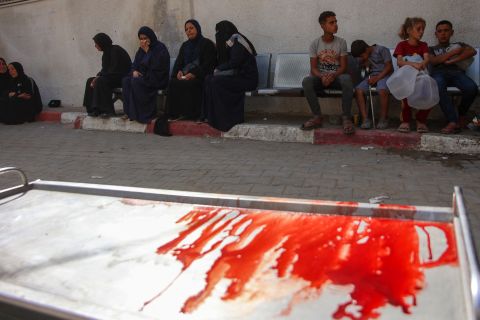ALBAWABA - Tensions over the rising international backing for Palestinian independence have escalated when Tel Aviv said it would block a scheduled diplomatic summit in Ramallah.
The move follows rumors that a number of Arab foreign ministers were getting ready to go to the city in the occupied West Bank for high-level negotiations with Palestinian President Mahmoud Abbas.
Foreign ministers from Saudi Arabia, Qatar, Jordan, Egypt, and the United Arab Emirates were to be part of the visiting team, Palestinian authorities said. Originally set for Sunday, the conference was called into question when Israeli officials declined to provide the travel permits needed to enter the West Bank from Jordan.
According to a Palestinian source quoted by CNN, the group was anticipated to be led by Saudi Foreign Minister Prince Faisal bin Farhan. If it had happened, it would have been the first time a senior Saudi official has visited the West Bank since Israel took over the territory in 1967.
The planned event was denounced by an Israeli official as a “provocative” attempt to encourage the establishment of a Palestinian state, which he said would turn into “a terrorist state in the heart of the Land of Israel." Israel "will not cooperate with actions that harm its security or sovereignty," the source said.
This development coincides with Israel's reaffirmation of its goal to preserve a "Jewish Israeli state" in the West Bank and its acceleration of settlement building in the region. It also comes before a major international meeting to rekindle talks over Palestinian statehood, which is being chaired by France and Saudi Arabia and is set for June 17–20 in New York.
Pressure on Israel has increased globally, particularly from the United Nations and a number of European nations that support a two-state solution. French President Emmanuel Macron reaffirmed his stance on Friday, saying that acknowledging a Palestinian state is both a political and humanitarian need.
The most recent action comes after a reported incident in which Israeli soldiers shot live bullets at a diplomatic convoy earlier in May that had ambassadors from both the Arab and European countries who were trying to reach the Jenin refugee camp to evaluate the humanitarian situation there.










